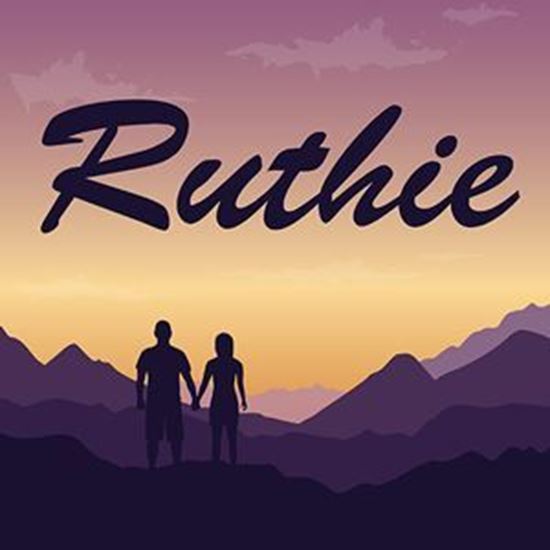
Ruthie
A widow, Naomi, and one of her daughters-in-law, Ruthie, have moved to Naomi’s hometown following the death of her two sons in WWII, one of whom was Ruthie’s husband. Although Ruthie is the daughter of a wealthy and prominent family in another city, she wants to stay with Naomi out of love for her late husband and Naomi herself. Naomi accepts her Cousin Julius’ offer of a place to live, and Ruthie accepts a job at his laundry and dry-cleaning shop. At her new workplace she meets Beau, a young Army veteran. Finding himself attracted to Ruthie, he tries to gently aid her in recovering from the loss of her husband. It's not until she finds out that Beau suffered his own grievous loss during the war that a relationship really begins. Things become complicated when Julius’s entitled son, Junior, who has suffered his own loss, begins to inject himself into the couple’s budding romance. A final confrontation between the two young men results in a just and satisfying conclusion. While not a religious play per se, this is a modern version inspired by the story of Ruth in the Old Testament.
Productions
Behind The Scenes
With David Anthony Wright
What inspired you to write this play?
Inspiration for this play came from a couple of sources. I am a big admirer of Neil Simon’s work, particularly his wonderful, if underrated, God’s Favorite, a retelling of the Job story as a comedy. I began researching what other books of the Bible might work as a legitimate play. Anyone who ever attended a Southern Presbyterian wedding or Mother’s Day service knows Ruthie is a lovely, touching story. I sat down and wrote the first scene in three days. Scene Two was written three years later. I couldn’t figure out how to build the conflict and the pathos in modern terms. It was at a family reunion that I got the answer.
My sister, Nancy, had lost her Naval aviator husband, Carlton, in a tragic flying accident several years before. After an appropriate length of time, she went back to school and got another college degree, giving her a new career. At the reunion, I saw this strong young woman with her and Carlton’s daughter, along with Nancy’s three other children by her new husband, Ken, sharing love and happiness and hopes for the future. Nancy rose above her loss and carved out a new life, while honoring Carlton.
I went home and wrote until 3:30 a.m., finishing the play in about two weeks.
What's your favorite part or line in the play? Why?
Having taken three years to write the play, I’m tempted to say my favorite part is “END OF PLAY.” (Insert rim shot here.) But the character development of Ruthie and Junior stand out to me. From their starting point to the final scene I think shows that there is truly a “second chance” for everyone, if you seize it.
Where did the characters come from? Are they based on people you know?
Obviously, the Book of Ruth provides the character base. But my grandmother was named Alma, and her sister was named Thelma, and, Lord love them, they bickered and gossiped a lot. My mother and father, a Naval aviator, met at a laundry shortly after the end of World War II, hired by a man named Jesse Kingsland. (Sound familiar?) Coot Cameron was based on a real laundry products salesman name “Poss” Williams, which I was told stood for “Possum.”
What did you try to achieve with this play?
I’d like people to realize that loss, while painful, can be the thing that strengthens us.
